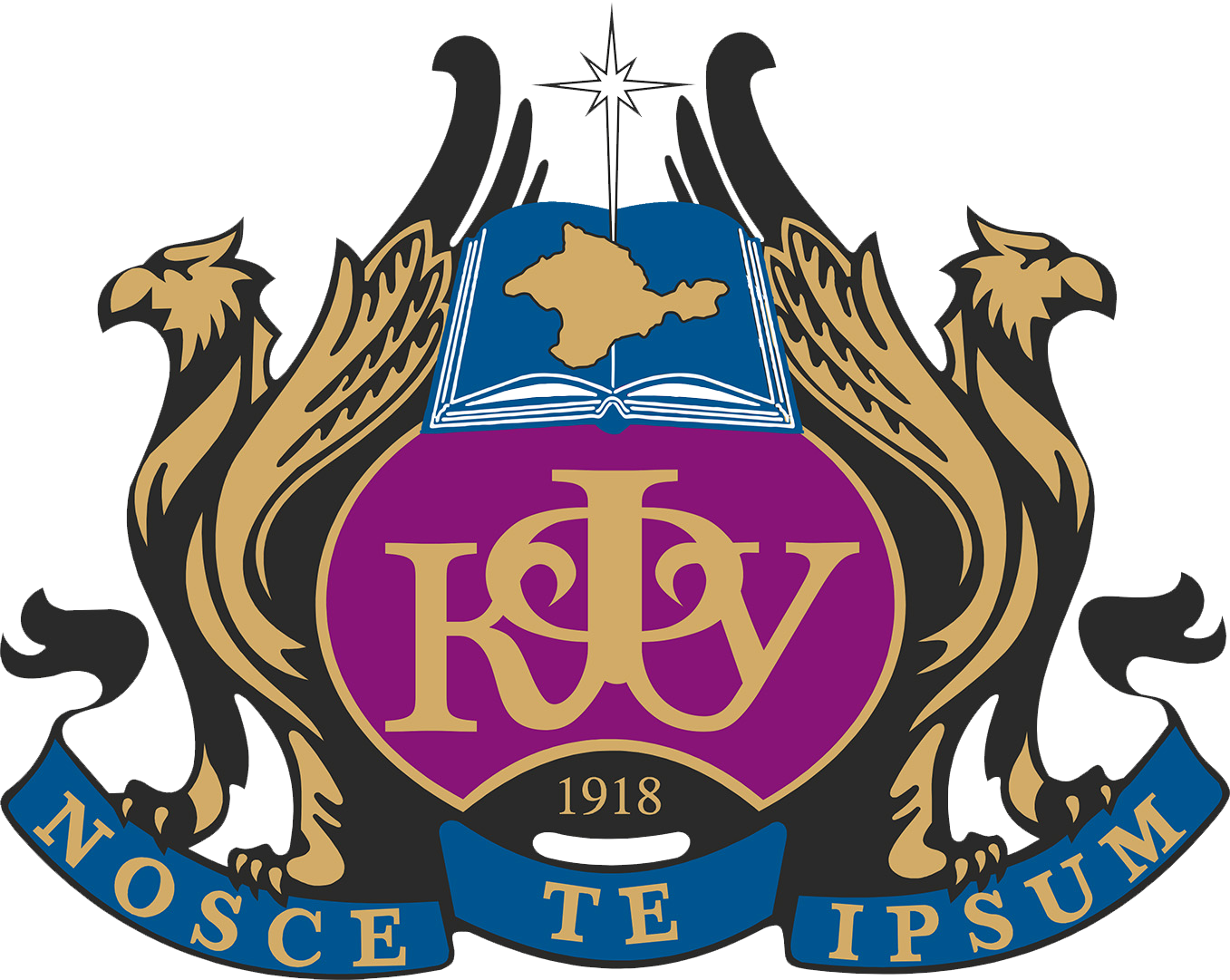Issues of interdisciplinary synthesis in modern scientific research were explored in the article. Today there is an urgent need for interdisciplinary research in economics. This is due to the need to overcome the isolation of economic theory from reality. The content and specificity of interscientific approaches in research activities were analyzed: intradisciplinary, interdisciplinary, transdisciplinary, multidisciplinary. Interdisciplinary synthesis was considered through the prism of the unified use of concepts, ideas and methods of various disciplines in order to solve the assigned problems of applied research and enrich scientific knowledge. It was noted that interdisciplinary synthesis of economic research is realized as integration that does not go beyond the social sciences and humanities, and as integration carried out throughout the entire space of scientific knowledge without any disciplinary restrictions. A significant characteristic of interdisciplinary research is its problem-oriented approach. It leads to the emergence of fundamentally new knowledge at the intersection of individual disciplines, which stimulates the development of approaches and methods for solving new problems. The main problems in conducting interdisciplinary research were identified, including the discrepancy between specialized languages and conceptual apparatus of various disciplines that develop integrative knowledge, as well as the complexity of scientific examination of research taking place at the intersection of fields of knowledge. Interdisciplinary connections between economic theory and the social, natural, humanities, and mathematical sciences were identified. The key advantages and opportunities of interdisciplinary research in the context of modern economic transformations were revealed. The advantages of using an interdisciplinary approach as a methodological basis for studying the problems in financial regulation y have been identified. The main advantages of interdisciplinarity were its integrative nature. It allows you to study complex objects in their integrity, using an integral methodology and thereby synthesizing data obtained by specialists from various disciplines.
interdisciplinary synthesis, interdisciplinarity, economic theory, economic research, financial sector, interdisciplinarity in financial regulation.
1. Kirdina-Chendler S. G. O sinteze i mezhdistsiplinarnosti v ekonomicheskoy teorii: sravneniye russkoyazychnogo i angloyazychnogo diskursov / S. G. Kirdina-Chendler [Elektronnyy resurs] // AlterEconomics. — 2023. — №20(1).
2. Orekhov A. M. Mezhdistsiplinarnyy sintez i sotsial’no-gumanitarnyye nauki: k voprosu o proyasnenii nekotorykh kontseptov i vektorov issledovaniya / A. M. Orekhov // Sotsium i vlast’. — 2018. — № 3 (71). — S. 91–97.
3. Sintez v ekonomicheskoy teorii i ekonomicheskoy politike. Koll. monografiya / Pod obshchey red. V.I. Mayevskogo i S.G. Kirdinoy-Chendler. — M.: IE RAN, 2022. — 444 s.
4. Provolovich T. O. Noveyshiye primery mezhdistsiplinarnogo sinteza v ekonomike / T. O. Provolovich // Zhurnal ekonomicheskoy teorii. — 2021. — T. 18. № 4. — S. 512–525. —doi.org/10.31063/2073-6517/2021.18-4.3.
5. Boix-Mansilla V. Successful interdisciplinary collaborations: the contributions of shared socio-Emotional-Cognitive platforms to interdisciplinary synthesis / V. Boix-Mansilla, M. Lamont, K. Sato. — Paper Presented at 4S Annual Meeting,
6. Scheaua F. An Interdisciplinary Analysis Regarding Economic and Social Development in the Rural Area of EU / F. Scheaua // Member Countries from Central and Eastern Europe. — 2016, 11. Chapter 4. — PP. 93-110.
7. Marney M. Interdisciplinary synthesis / M. Marney & N. Smith // Policy Sciences. –1972. — pp. 299-323. — Rezhim dostupa: doi.org/10.1007/BF01413685.
8. Matsko V. A. Mezhdistsiplinarnyy sintez v issledovanii kreativnykh industriy / V. A. Matsko // Vestnik SPbGIK — 2021. — № 4 (49). — S. 80-85.
9. Orekhov A. M. Metody ekonomicheskikh issledovaniy. Ucheb. posobiye / A. M. Orekhov. — M.: INFR-M, 2009. — 392 s.
10. Neves V. Economics and interdisciplinarity: An open-systems approach / V. Neves // Revista de Economia Política. — 2017. — 37. — PP. 343-362. — doi.org/10.1590/0101-31572017v37n02a05.
11. Guimarães M. H. Who is doing inter- and transdisciplinary research, and why? An empirical study of motivations, attitudes, skills, and behaviours / M. H. Guimarães, Ch. Pohl, Ol. Bina, M. Varanda // Futures. Volume 112. — 2019.
12. Nicolini D. The practice approach: the practice approach: for a praxeology of organisational and management studies (Book Chapter) / D. Nicolini, P. Monteiro // The SAGE Handbook of Process Organization Studies; A. Langley,
13. Lysak I.V. Mezhdistsiplinarnost’: preimushchestva i problemy primeneniya / I.V. Lysak [Elektronnyy resurs] // Sovremennyye problemy nauki i obrazovaniya. — 2016. — № 5.
14. Kasavina N.A. Tsifrovizatsiya kak predmet mezhdistsiplinarnykh issledovaniy / N.A. Kasavina // Epistemologiya i filosofiya nauki. — 2019. — T. 56. № 4. — S. 251–259.
15. Rozov N.S. Ot distsiplinarnogo imperializma — k obshchestvoznaniyu bez granits («Shengenskiy» proyekt integratsii sotsial’nykh nauk) / N.S. Rozov // Obshchestvennyye nauki i sovremennost’. — 2009. — № 3. — S. 136.





